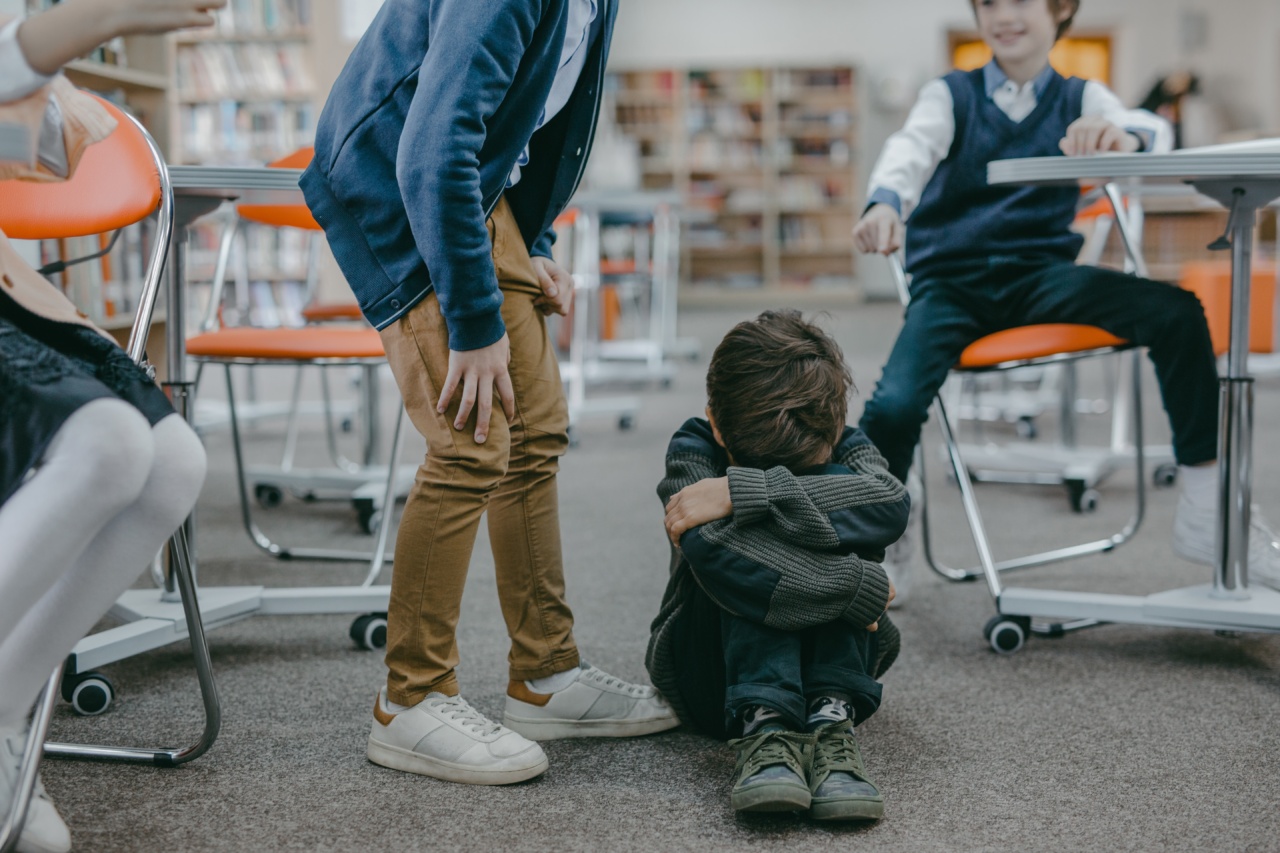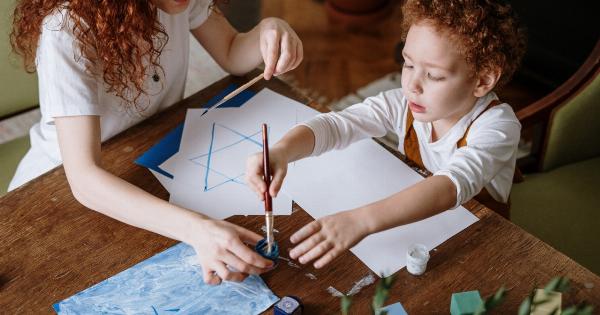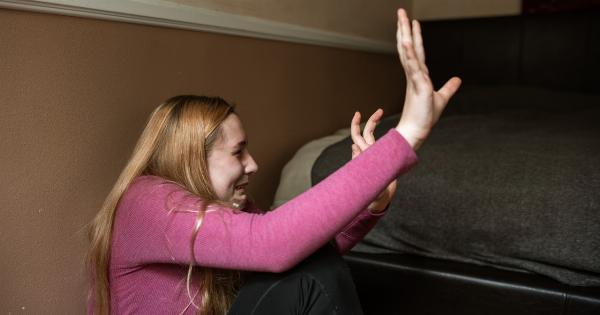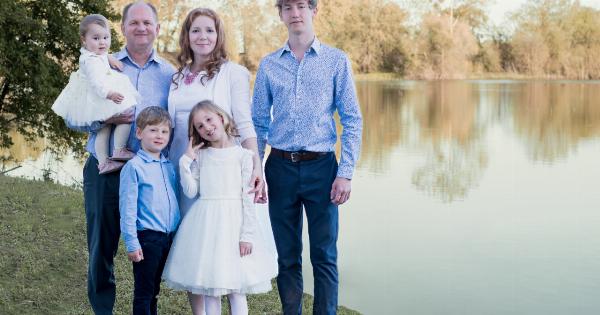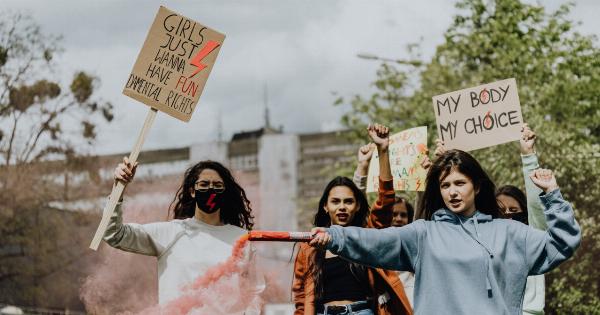Child abuse is a term that describes the harm of a child, whether it’s physical, emotional, or sexual by someone who has power over them, such as a parent or caregiver, teacher, or babysitter.
Often, it goes undetected and unreported, as children are afraid to speak up or may not know what is considered abuse. It’s an unfortunate reality that affects millions of children worldwide, and it’s essential to understand the signs, causes, and consequences of child abuse.
Types of Child Abuse
Child abuse comes in different forms, and each has a lasting impact on the child’s physical and emotional well-being. The four main types of child abuse are:.
Physical Abuse
Physical abuse is when a child is purposely harmed, causing injury or wounds, such as bruises, broken bones, or burns.
It often results from an outburst of rage, punishment, or discipline and can happen in any setting, whether it’s at home, school, or sports activities.
Emotional Abuse
Emotional abuse refers to any behavior that harms a child’s mental and emotional health. It includes constant criticism, belittling, rejection, and manipulation. It can lead to low self-esteem, anxiety, depression, and other emotional problems.
Sexual Abuse
Sexual abuse is any sexual activity with a child, whether through force or manipulation. It includes sexual assault, rape, molestation, and other sexual misconduct and can happen at any age, gender, or social background.
Neglect
Neglect is the failure of a caregiver to provide for a child’s basic needs, such as food, shelter, clothing, medical care, or education. It includes physical and emotional neglect and can lead to malnutrition, illness, or mental health problems.
Causes of Child Abuse
Child abuse can happen for various reasons, and it’s rarely caused by one factor alone. Some of the causes of child abuse include:.
Family Factors
Many cases of child abuse stem from problems within the family, such as domestic violence, substance abuse, divorce, or financial stress. Parents who struggle with these issues may take their anger and frustration out on their children, causing harm.
Personal Factors
Individuals who had been abused as children are more likely to become abusers themselves. Mental health problems, such as a history of depression, anxiety, or personality disorders, can also increase the risk of child abuse.
Social Factors
Communities with high rates of poverty, violence, or social isolation may have a higher incidence of child abuse. Lack of social support, access to services, or awareness of child abuse can also contribute to its occurrence.
Consequences of Child Abuse
The effects of child abuse can last a lifetime, impacting a child’s physical and emotional health, social relationships, and overall wellbeing. Some of the consequences of child abuse include:.
Physical Effects
Children who experience physical abuse may suffer from long-term health problems, such as chronic pain, physical disabilities, or brain damage.
They may also be more prone to develop health-risk behaviors, such as drug or alcohol abuse or risky sexual behavior.
Emotional Effects
Emotional abuse, neglect, and sexual abuse can lead to emotional imbalances, such as depression, anxiety, post-traumatic stress disorder (PTSD), and personality disorders. They may also struggle with self-esteem, relationships, and trust issues.
Social Effects
Children who experience abuse may find it hard to form trusting relationships with others, leading to social isolation and loneliness. They may also struggle in school or work settings due to low self-esteem, anxiety, or disruptive behavior.
How to Prevent Child Abuse
Preventing child abuse is a collective effort that involves families, communities, and policymakers. Here are some ways to prevent child abuse:.
Education
Education and awareness of child abuse can help people recognize the signs of abuse and report it appropriately. This means teaching children and adults about healthy relationships, consent, and personal boundaries.
Social Support
Social support networks, such as family, friends, and community organizations, can provide a protective buffer against child abuse. Families who feel connected, valued, and supported are less likely to engage in harmful behaviors toward their children.
Services and Resources
Access to services and resources that address the root causes of child abuse, such as mental health care, substance abuse treatment, or parenting support, can prevent its occurrence.
Policymakers can allocate resources and funding to increase access to such services and programs.
Conclusion
Breaking down the walls of child abuse means acknowledging its presence and working together to prevent it.
By understanding the types of child abuse, its causes and consequences, and how to prevent it, we can take a step towards a safer and healthier future for our children.
